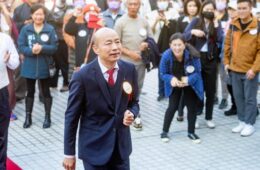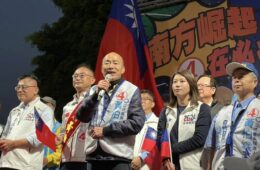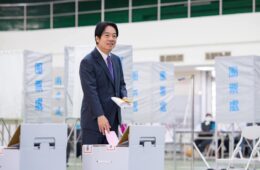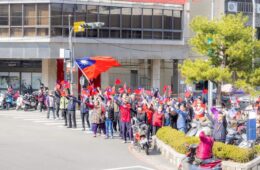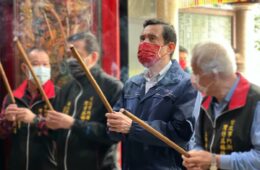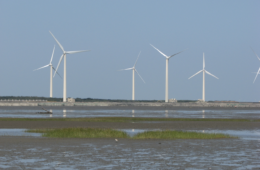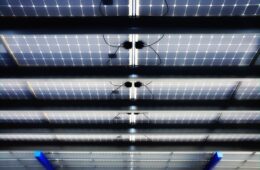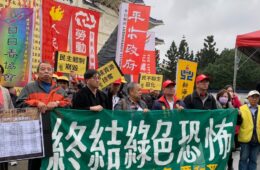Han Kuo-yu Becomes Chair of the Taiwan Foundation for Democracy
After much tussling over the issue, Han Kuo-yu of the KMT has become the chair of the Taiwan Foundation for Democracy. The question of whether Han would become the chair of the foundation was raised ahead of time during the struggle between the DPP, KMT, and TPP about who would become president of the legislature, as part of the contention regarding the issue...


